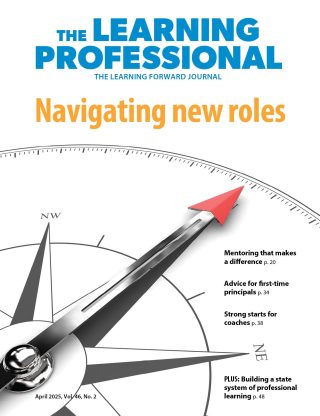Read the remaining content with membership access. Join or log in below to continue.
Sed ut perspiciatis unde omnis iste natus error sit voluptatem accusantium doloremque laudantium, totam rem aperiam, eaque ipsa quae ab illo inventore veritatis et quasi architecto beatae vitae dicta sunt explicabo. Nemo enim ipsam voluptatem quia voluptas sit aspernatur aut odit aut fugit, sed quia consequuntur magni dolores eos qui ratione voluptatem sequi nesciunt. Neque porro quisquam est, qui dolorem ipsum quia dolor sit amet, consectetur, adipisci velit, sed quia non numquam eius modi tempora incidunt ut labore et dolore magnam aliquam quaerat voluptatem.
References
Battiste, M. (2002). Indigenous knowledge and pedagogy in First Nations education: A literature review with recommendations. National Working Group on Education and the Minister of Indian Affairs, Indian and Northern Affairs Canada.
Canadian Teachers’ Federation. (2015). CTF survey on teachers’ perspectives on Aboriginal education in public schools in Canada: Summary report. Author.
Gonzales, L. (2003). Deep survival: Who lives, who dies, and why. Norton.
Government of Saskatchewan. (2018). Inspiring success: First Nations and Metis PreK-12 education policy framework. www.saskatchewan.ca/residents/education-and-learning/first-nations-and-metis-education#inspiring-success
Hatcher, A. & Bartlett, C. (2010, May). Two-eyed seeing: Building cultural bridges for Aboriginal students. Canadian Teacher Magazine, 14-17.
Learning Forward. (2022). Standards for Professional Learning. Author.
Nakata, M. (2007). The cultural interface. The Australian Journal of Indigenous Education, 36, Supplement, 7-14.
Regional Aboriginal Education Team. (2024). Interface theory. www.8ways.online/interface-theory
Simon Fraser University. (n.d.). Math catcher: About. www.sfu.ca/mathcatcher/about.html
Truth and Reconciliation Commission of Canada. (2015). Truth and Reconciliation Commission of Canada: Calls to Action. trc.ca/assets/pdf/Calls_to_Action_English2.pdf

Denise Heppner (heppnerd@stf.sk.ca) is associate director of Saskatchewan Teachers’ Federation Professional Learning.
Recent Issues
LEARNING DESIGNS
February 2025
How we learn influences what we learn. This issue shares essential...
BUILDING BRIDGES
December 2024
Students benefit when educators bridge the continuum of professional...
CURRICULUM-BASED PROFESSIONAL LEARNING
October 2024
High-quality curriculum requires skilled educators to put it into...
LEARNING TO PIVOT
August 2024
Sometimes new information and situations call for major change. This issue...












